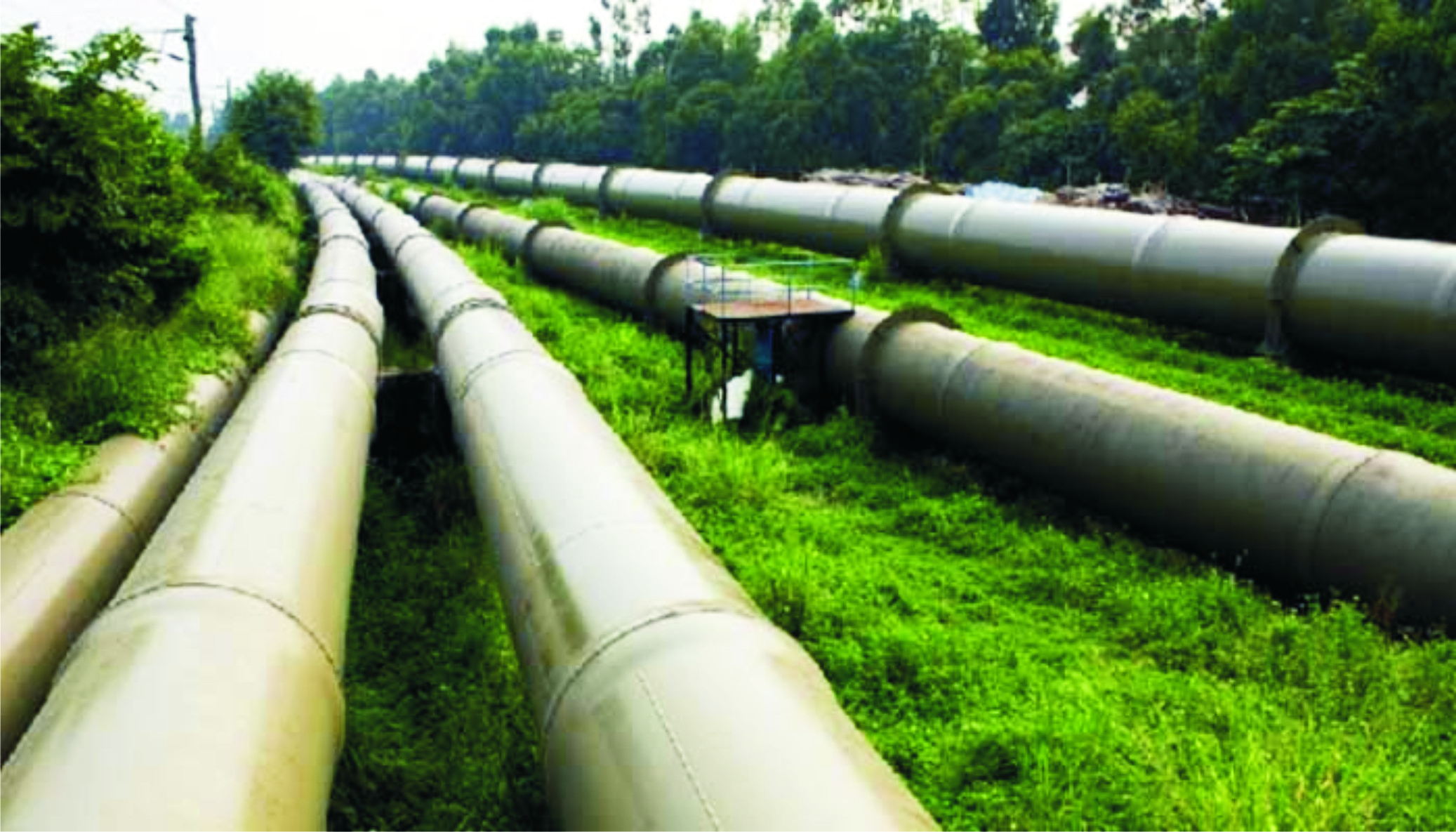Oil & Energy
Oil Firms To Incorporate Host Communities Dev Trust

Oil companies operating in Nigeria are expected to incorporate a host community trust for social and economic benefit from petroleum operations in their host communities.
This is contained in the new Petroleum Industry Bill (PIB) obtained by The Tide in Abuja.
The aim of the trust is to foster sustainable prosperity within the host community.
The bill is a product of several years of agitation by oil bearing states over the development of oil communities by oil companies.
The new PIB said: “ Settlors (oil companies) shall incorporate a trust for the benefit of host communities for which the settlor is responsible.
“Where there is collective of settlors operating under a joint operation agreement with respect to upstream petroleum operations, the operator appointed under the agreement shall be responsible for compliance with the chater on behalf of the settlors.
“For settlors opearting in shallow water and deep offshore, the littoral communities and any other community determined by the settlor shall be host communities for the purposes of this act.”
It added that the settlor would appoint and authorise a board of trustee that would be registered by the Corporate Affairs Commission as a corporate body under the Companies and Allied Commission Act.
It noted that the name of the corporate body to be registered would be “Host Community Development Trust”.
The new bill noted that settlor would determine the members of the board of trustee and criteria for their appointment.
“The membership of the board of Trustees of the host communities development trust shall be subject to the approval of the commission or the regualtory body, ‘the Authority’
“The settlor shall in determination of membership of the board of Trustees, include persons of high integrity and professional standing who may not necessarily come from any of the host communities,” it said.
It added that the members of the board would serve a term of four years in first instance, and may be reappointed for another term of four years and no more, adding that the board would also have as Secretary one that would be appointed by the settlor to keep the books of the board.
The new PIB revealed that the board of trustee would be responsible for the management of the host communities development trust, determine the criteria, process and proportion of host communities development trust fund to be alloted to specific development programmes.
Oil & Energy
NERC, OYSERC Partner To Strengthen Regulation

Oil & Energy
NLC Faults FG’s 3trn Dept Payment To GenCos

Oil & Energy
PENGASSAN Rejects Presidential EO On Oil, Gas Revenue Remittance ……… Seeks PIA Review

-
Maritime4 days ago
Nigeria To Pilot Regional Fishing Vessels Register In Gulf Of Guinea —Oyetola
-

 Sports4 days ago
Sports4 days agoGombe-Gara Rejects Chelle $130,000 monthly salary
-
Maritime4 days ago
Customs Declares War Against Narcotics Baron At Idiroko Border
-

 Sports4 days ago
Sports4 days agoTEAM RIVERS SET TO WIN 4×400 ” MORROW” …Wins Triple jump Silver
-
Maritime4 days ago
NIMASA,NAF Boost Unmanned Aerial Surveillance For Maritime Security
-

 Sports4 days ago
Sports4 days agoNPFL Drops To 91st In Global League Rankings
-

 Sports4 days ago
Sports4 days agoNIGER DELTA GAMES PANACEA TO YOUTH DEV”
-

 Sports4 days ago
Sports4 days agoNPFL Impose Fines On Kwara United Over Fans Misconduct

